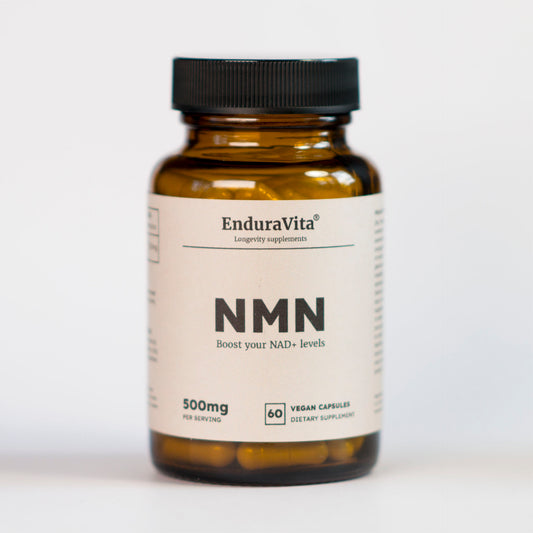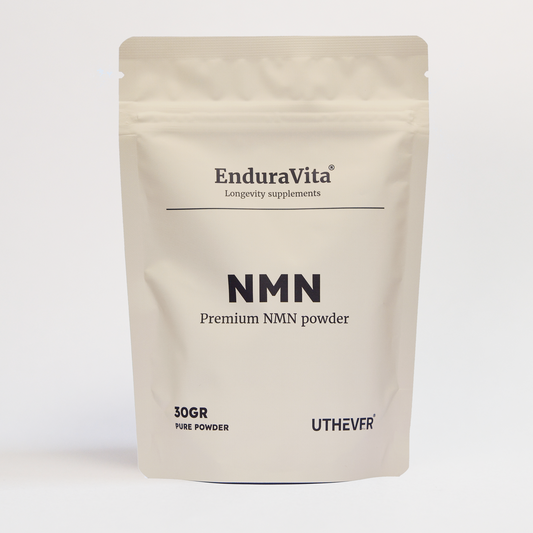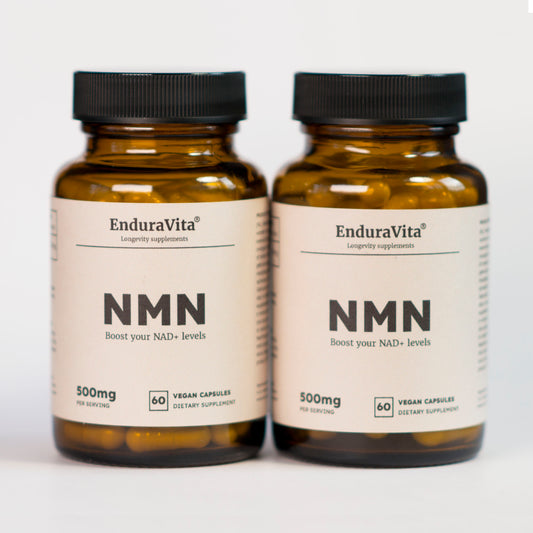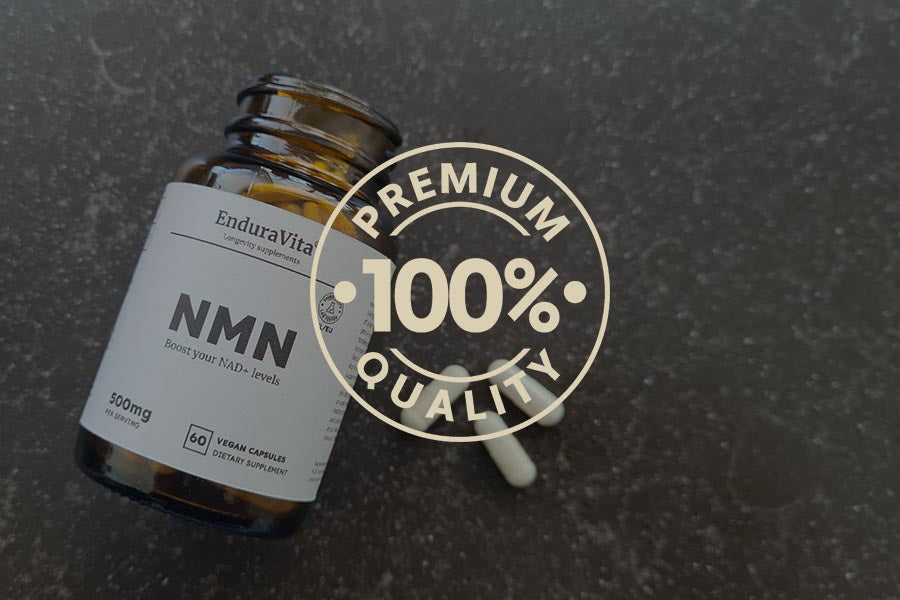
NMN safety study: Effect of NMN on clinical parameters
In 2020, a study was conducted to investigate the safety of NMN by examining various clinical parameters while administering NMN to the participants.
Summary of Results:
Administering a single oral dose of NMN did not lead to significant clinical symptoms or alterations in heart rate, blood pressure, oxygen saturation, or body temperature. Laboratory results indicated no notable changes, except for increased serum bilirubin levels and decreased creatinine, chloride, and blood glucose levels within normal ranges, irrespective of the NMN dose. Ophthalmologic examinations and sleep quality scores showed no differences before and after the intervention. Plasma concentrations of N-methyl-2-pyridone-5-carboxamide and N-methyl-4-pyridone-5-carboxamide increased significantly in relation to the NMN dose. Overall, a single oral dose of NMN was safe, effectively metabolized in healthy men, and did not cause significant adverse effects, suggesting that NMN administration could be a feasible and potential therapeutic strategy for mitigating age-related conditions in humans.
Extended Summary of the Research by the Investigators:
Recent studies have shown that reduced levels of the cellular coenzyme nicotinamide adenine dinucleotide (NAD+) cause age-related conditions. Therapeutic approaches that increase NAD+ levels can prevent these conditions in animal models. Nicotinamide mononucleotide (NMN) has been shown to be effective in combating age-related issues. However, the safety of NMN for human use is not yet clear.
For this reason, we conducted a clinical study to investigate the safety of single-dose NMN administration in 10 healthy men. The study involved a single-arm, non-randomized intervention, where participants were administered a single oral dose of 100, 250, or 500 mg NMN. For 5 hours after each intervention, we examined clinical findings, parameters, and the pharmacokinetics of NMN metabolites. Additionally, we also conducted ophthalmologic examination and sleep quality evaluation before and after NMN administration.
Our results showed that single oral administration of NMN did not cause significant clinical symptoms or changes in heart rate, blood pressure, oxygen saturation, and body temperature. Laboratory analysis revealed only minimal changes, including an increase in serum bilirubin levels and a decrease in serum creatinine, chloride, and blood glucose within normal values, regardless of NMN dosage. Ophthalmologic examination and sleep quality score showed no differences before and after NMN administration.
Furthermore, our research showed that plasma concentrations of N-methyl-2-pyridone-5-carboxamide and N-methyl-4-pyridone-5-carboxamide significantly increased with increasing NMN dose. Overall, single oral administration of NMN was safe and effectively metabolized in healthy men without causing significant adverse effects.
Our findings support the feasibility of oral administration of NMN as a potential therapeutic strategy to reduce age-related conditions in humans. However, further research on the safety and effectiveness of NMN in long-term use is needed to draw definitive conclusions.










